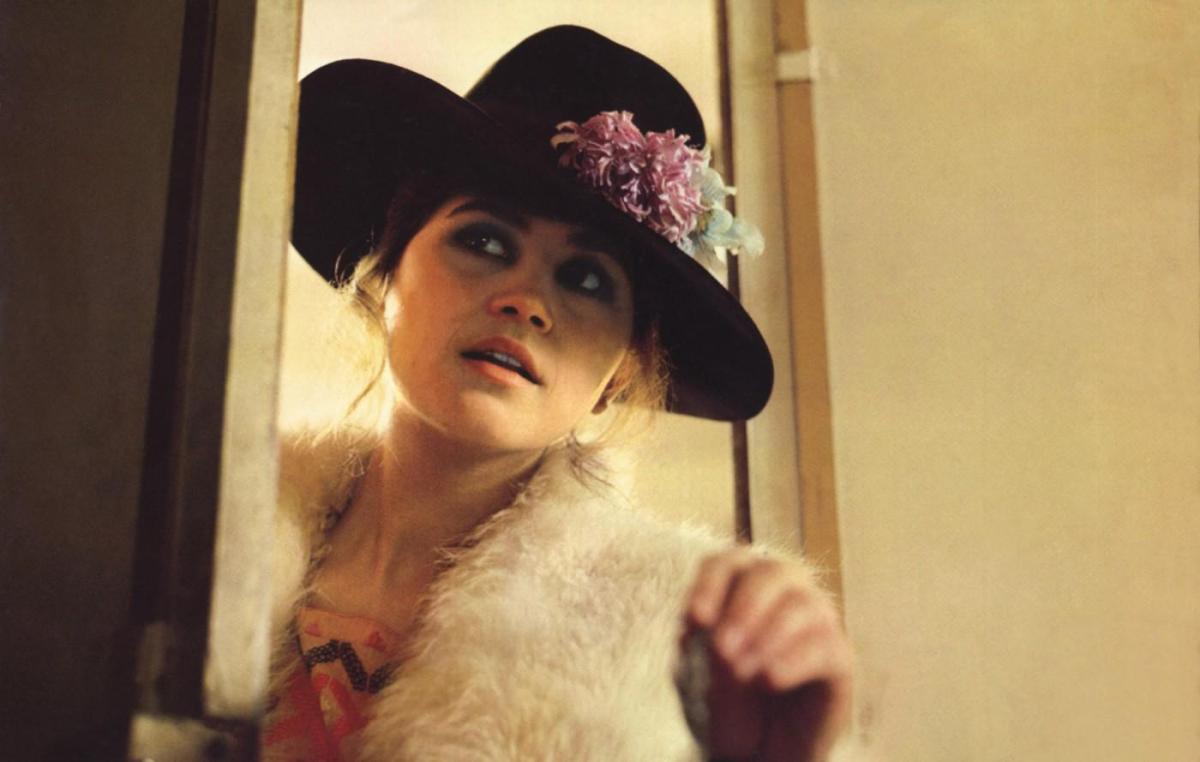Content warning for discussion of sexual assault.
We need to stop excusing rape, assault, and harassment that disguises itself as a controversial means for art. The infamous ending scene of Bernardo Bertolucci’s Last Tango in Paris made headlines again over the weekend when a 2013 interview surfaced of the director revealing that he and Brando did not tell 19-year-old actor Maria Schneider the full details of the scene ahead of time.
This scene features Marlon Brando’s character using a stick of butter as lubricant to anally rape a young woman, played by Schneider. He says in the interview:
The sequence of the butter is an idea that I had with Marlon in the morning before shooting it. But I’d been, in a way, horrible to Maria before shooting it because I didn’t tell her what was going on. I wanted her reaction as a girl, not as an actress.
The director goes on to say “I wanted her to react humiliated,” and adds that “she hated me for all of her life.” Many in the industry like Ava DuVernay and Jessica Chastain shared Bertolucci’s words on social media and expressed their disgust and horror at his words. It should be obvious, but the actions Bertolucci has described were assault and non-consensual. He essentially says that he wanted to truly traumatize Schneider, because her performing that scene as an actress (the job she was hired to do) would not have been sufficient for him.
In a response to the media attention and outrage, the filmmaker defended the scene and claims there was a “ridiculous misunderstanding” concerning the surfaced interview. Here’s his translated statement:
“I would like, for the last time, to clear up a ridiculous misunderstanding that continues to generate press reports about ‘Last Tango in Paris’ around the world. Several years ago at the Cinemathèque Francaise someone asked me for details on the famous ‘butter scene.’ I specified, but perhaps I was not clear, that I decided with Marlon Brando not to inform Maria that we would have used butter. We wanted her spontaneous reaction to that improper use [of the butter]. That is where the misunderstanding lies. Somebody thought, and thinks, that Maria had not been informed about the violence on her. That is false!”
While Bertolucci’s statement corrects a misunderstanding some may have had by pointing out the rape in the scene was simulated and not penetrative, it fails to acknowledge the truly troubling aspects of what he and Brando did to Schneider. Instead, it reduces these voices of hurt and anger to confused mistakes.
The thing is, while Schneider’s mistreatment was news to many, it wasn’t new information. The actress has spoken about the butter scene with The Daily Mail in 2007, where she said, “That scene wasn’t in the original script. The truth is it was Marlon who came up with the idea” and confesses to crying real tears. Schneider reveals she didn’t know she could say no at the time, and admits to feeling violated and “a little raped.”
“I felt humiliated and to be honest, I felt a little raped, both by Marlon and by Bertolucci. After the scene, Marlon didn’t console me or apologise. Thankfully, there was just one take.”
Unfortunately, many Hollywood actresses have shared similar stories in recent months. The question that we should ask now is why her prior confession wasn’t enough to change public attention to this film from one of critical acclaim to a horrifying story of assault. It’s the same question we have asked about Alfred Hitchcock, when it’s a well known fact he assaulted and harassed Tippi Hedren. How can someone watch Last Tango in Paris and justify what these two men did to her? How can you “separate art from the artist” when the woman on screen is crying real tears?
Anna Kendrick stated in a tweet that whenever she pointed out the true conditions of the rape scene, people would dismiss her, writing, “I used to get eye-rolls when I brought it up to people (aka dudes).” When Chris Evans said that they should be jailed, she responded, “It wasn’t treated like a big story then(shocker). Glad at least it will be taken seriously now.”
This article on Pajiba brings up another important question:
“We have an experience that was horrific for the woman involved, with some consent but not all, and a lot of people giving a million reasons why it was OK.
How many of us can relate to this?”
After the film, Schneider never did another nude scene. Before her death in 2011 of cancer, she struggled with drug addiction, overdoses, depression, and suicide attempts. If she’s reacting to this moment “as a girl, not as an actress,” just as Bertolucci wanted, then he should react as a human being and see these kinds of actions as inexcusable.
(via Indiewire)
Want more stories like this? Become a subscriber and support the site!
—The Mary Sue has a strict comment policy that forbids, but is not limited to, personal insults toward anyone, hate speech, and trolling.—
Follow The Mary Sue on Twitter, Facebook, Tumblr, Pinterest, & Google+.









Published: Dec 5, 2016 05:14 pm